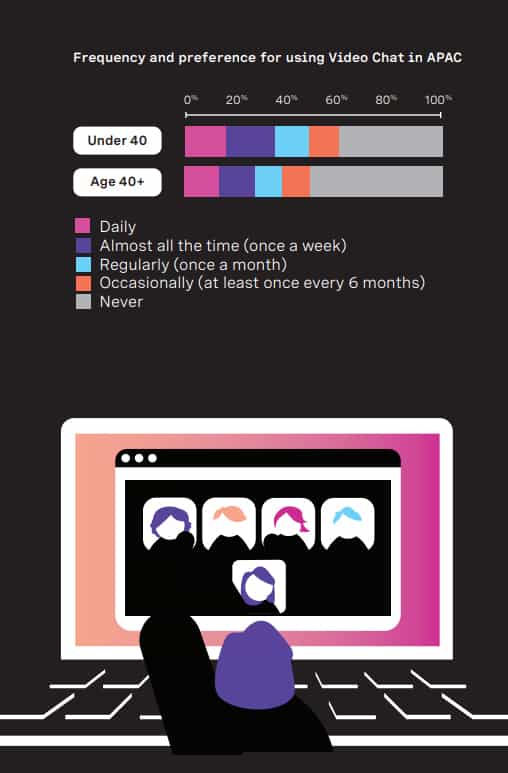For years much has been stressed about the benefits of digital learning. Yet for all the advances in digital technology, few educational institutions have moved to adapt the technology in large masses until recently. The slow pace of adoption may be a combination of technology, established pedagogy and resistance by institutions, teachers, students and parents to make the change.
Until now.

New data by Guide2Research suggests that online learning emerged as a safe and viable option for education continuity as the COVID-19 pandemic turned personal and professional worlds upside down.
Syngene Research forecasts that by 2026, the global elearning market will reach US$336.98 billion, at a compound annual growth rate (CAGR) of 9.1% from 2018 to 2026. These figures will be likely be adjusted upwards following the effects of the pandemic.
Government-mandated containment measures against COVID-19 pandemic has forced educational institutions to grudgingly accept that for learning to continue, students will have to learn online.
One private educational institution catering to the working population, Wall Street English, is upping the ante to meet the influx of courses delivered online.
With the launched of its digital classroom platform, it has embedded the Vonage Video API into its platform to enable students and teachers to have live, engaging and interactive video classes, create an environment similar to an in-person classroom experience. The company said the platform lets students interact with their teacher and fellow students like they would in a traditional classroom.
David Kedwards, CEO of Wall Street English, reiterated the importance of ensuring students have access to their courses and the flexibility to study anytime, across multiple devices.
“The decision to move online in addition to our brick-and-mortar centres is a great step forward for the company, evolving our business to meet the needs of today’s learners. Vonage has played an important role in our digital transformation. The Vonage Video API integrated easily with our platform, enabling us to set up real-time, high-quality video classes to serve thousands of students worldwide,” he added.
A spokesperson for Vonage said its Video API can be easily integrated with a service provider’s existing platform which enables them to deliver enhanced video communications, through mobile, web or desktop, and is built on the WebRTC industry standard that is available on billions of devices.
Given the recent spate of data breaches and cyberattacks, the Vonage Video API is built on standard always-on encryption and GDPR-compliance capabilities. The API offers a very broad range of advanced security, firewall-control, regional isolation and compliance certification options.
A Vonage report tracking communications usage before the pandemic and again in August 2020 revealed that 39% of the 5,000 global consumers surveyed reported higher engagement with education technology tools. In addition, 42% of that same group preferred the use of video when engaging with other students and teachers in a virtual classroom. In Asia-Pacific, 44% reported higher engagement with educational applications since COVID-19.
"COVID-19 has accelerated the need for reliable and high-quality video offerings to facilitate the remote delivery of vital services like education. Virtual and hybrid options that provide safe and uninterrupted education experiences are now crucial for both students and teachers to have continued access to education,” said Sunny Rao, Vonage senior vice president and general manager for the Asia Pacific region.




